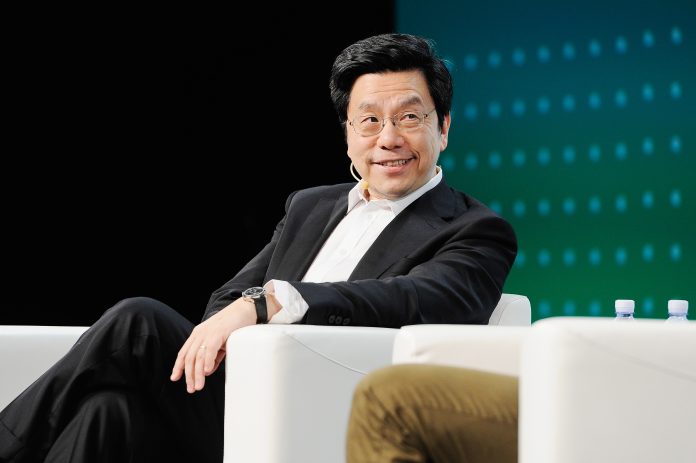Eric Kwon
Science & Technology Editor
This past Wednesday, UC Santa Barbara’s (UCSB) Center for Responsible Machine Learning (CRML) hosted an online talk with Dr. Kai-Fu Lee. In both the United States and China, Lee has spent more than three decades in artificial intelligence (AI) research, development, and investment. Notably, he was the president of Google China and has also spent time at other large tech companies — Microsoft, SGI, and Apple. Currently, he is the chairman and CEO of Sinovation Ventures, a Chinese tech-based venture capital firm. He is also co-author of a book covering AI in an educational lens, “AI2041: Ten Visions for Our Future.”
The talk host, Dr. William Wang, co-director of the CRML, first asked about what sparked Lee’s initial interest in AI. Growing up in Tennessee, he found a strong affinity for math, but once he got to Columbia University as an undergraduate, he did not find much in common with other students. There, he discovered computer science, which was more interesting to him, and became exposed to AI through the program.
Wang also asked about Lee’s AI research at Carnegie Mellon University (CMU), which is where he received his Ph.D. Lee was renowned for his groundbreaking speech recognition AI research, but he chose speech recognition because it was a comparatively easy research issue, as opposed to an area like computer vision. Lee said that he expected people to advance his useful research (that still needed improvement, in Lee’s opinion), but it did not happen until the discovery of deep learning.
After discussing Lee’s research, Wang transitioned to the topic of Lee’s book, “AI2041: Ten Visions for Our Future,” co-authored by science-fiction writer Chen Quifan. Lee attributes the success of the book to two things: people saw how China was destined to be an AI superpower, and AI itself was explained in a more digestible way. He put limitations on exactly what AI could feasibly cover (it had to cover things within a 20-year span), but, with the help of his co-author, made these stories more entertaining and applicable to industries today.
Wang had some questions about what Lee thought about networks of personal “guardian angels” (in the form of virtual avatars), something which Raj Reddy, a renowned computer scientist, explored at CMU. Also, Wang probed Lee’s thoughts on how it related to the emerging metaverse today, and his thoughts on augmented reality (AR) and virtual reality (VR).
Lee already sees phones as an extension of our brains, which are used when we need to look up things we do not know. He sees the potential of these automatic agents as being protectors of our data, who would be more equipped to protect our information and personal data, and be able to find things that we want. Plus, it could be a great tool for education for kids.
However, Lee has some reservations. He acknowledged that building online virtual worlds is incredibly difficult to build, with entertainment being the only exception. It could also be incredibly addictive for those who are unhappy with their lives and are looking to escape their realities. There is also the concern with technical challenges like making the technology itself lightweight, etc.
This speculation comes from knowing that these technologies need to be wielded with much responsibility. Lee thinks that the regulation will need to have a role in this as well, but he believes the current overreliance on regulations is excessive, pointing to the EU and the Department of Justice who are obsessed with breaking up companies and imposing fines. Though regulations can be useful in some situations, Lee has faith that technologists will be able to point the way, and that the right combination of emerging counteractive technology and the right regulation will keep people safe.
Through this talk, we can learn a bit of insight into Dr. Kai Fu Lee’s background and research. He uses his expertise to deliver an accessible understanding of AI, in which he reassures us that it is not a big obscure and alarming topic. Now, there can only be more questions on what the future holds for AI technology — what it can accomplish for us, or even the potential danger.











